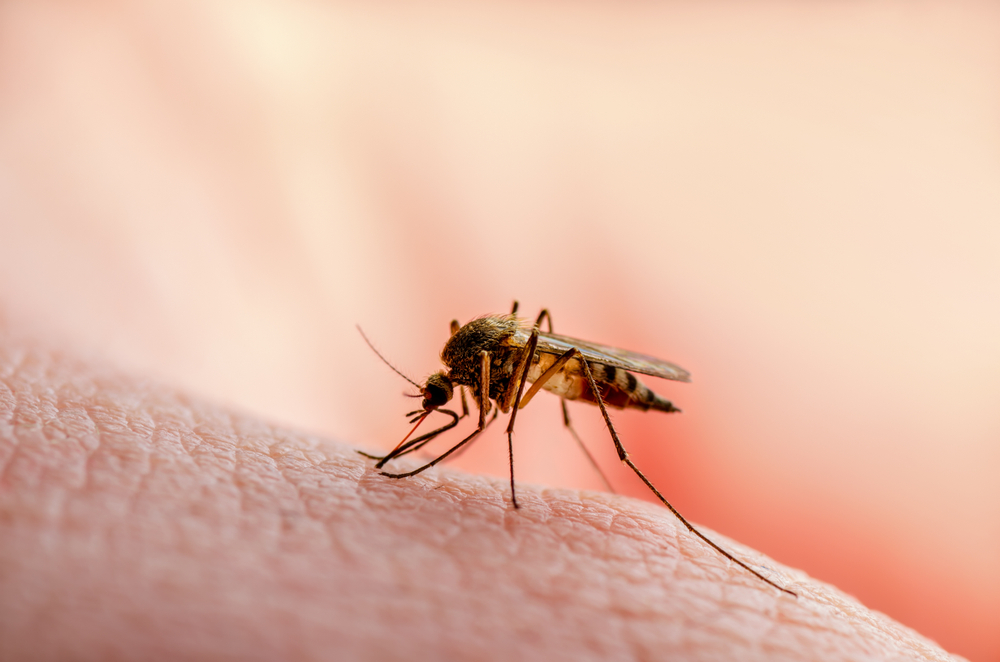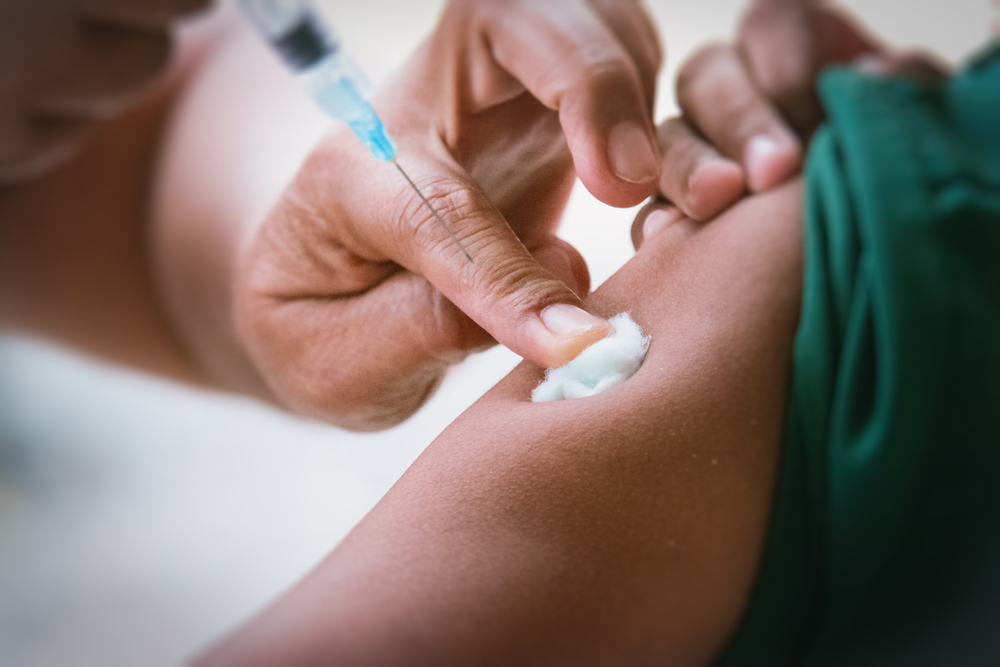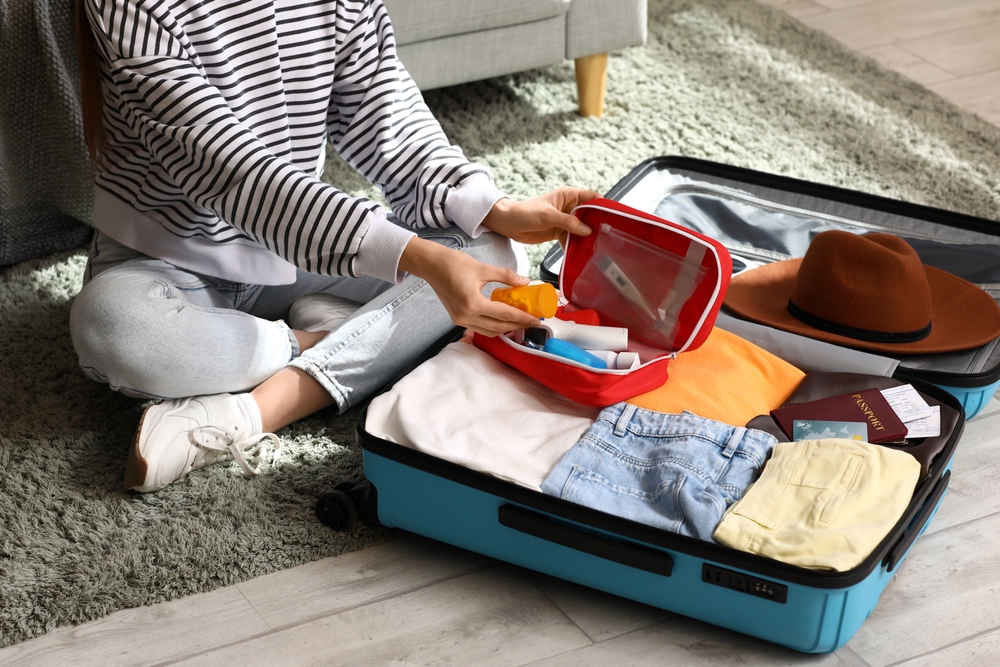Traveling opens the door to unforgettable experiences, but it also increases your exposure to travel illnesses. From drinking contaminated water to getting bitten by insects, the risks are real. Fortunately, with smart preparation and a few precautions, you can avoid most travel-related illnesses and focus on the fun. This guide highlights ten common diseases you can catch while traveling, offering practical advice to help you stay healthy. Whether you’re heading to tropical jungles or bustling cities, knowing what to watch out for gives you the confidence to travel safely and return home well.
Traveler’s Diarrhea and Foodborne Illnesses

Many travelers face traveler’s diarrhea, which ranks as the most common of all travel illnesses. This condition often hits during the first week abroad and typically results from bacteria like E. coli found in unsafe food or water. To lower your chances of getting sick, eat food that’s hot and freshly cooked, drink sealed bottled water, and peel fruits yourself. You can also take bismuth subsalicylate (Pepto Bismol) as a preventive measure. If symptoms strike, act quickly by drinking oral rehydration salts. For moderate cases, use antibiotics like azithromycin. By planning ahead and staying mindful of food safety, you can enjoy your meals without worry.
Read More: TSA Bans Popular Travel Item From Checked Bags for Safety Reasons
Malaria and Other Mosquito-Borne Diseases

Mosquitoes transmit more than just itchy bites, they spread some of the most serious travel illnesses, including malaria, dengue, and Zika. In tropical regions like Africa, Asia, and South America, malaria prevention is essential. Start by taking prescribed medications such as doxycycline or atovaquone-proguanil. Then, wear long sleeves, use DEET-based repellent, and sleep under treated mosquito nets. Don’t forget about dengue fever symptoms, which may include rash, headache, and joint pain. Zika, though often mild, poses serious risks during pregnancy. By staying covered, avoiding peak mosquito hours, and taking your medications as directed, you’ll dramatically reduce your exposure to mosquito-borne threats.
Typhoid, Cholera, and Hepatitis: Water and Sanitation Risks

Unsafe drinking water remains a major source of travel-related illnesses such as typhoid fever, cholera, and hepatitis A. These infections are common in South Asia, Africa, and parts of Latin America. Typhoid causes fever and abdominal pain, but you can protect yourself by getting a typhoid vaccine for travel before your trip. Cholera leads to severe dehydration and often spreads in areas with poor sanitation. Meanwhile, hepatitis A impacts the liver and spreads through contaminated food or water. To stay safe, drink only boiled or bottled water, skip ice cubes, and wash your hands frequently. Getting vaccinated and practicing basic hygiene can help you steer clear of these preventable illnesses.
Read More: Inside the Story of a Man Who Bought Tropical Island and What He Did With It
Rabies, Animal Bites, and Other Zoonotic Threats

Wild animals and stray pets might seem harmless, but they can carry dangerous diseases you can catch while traveling. Rabies remains a serious concern in some parts of Asia and Africa, especially in remote villages or forests. If you plan to work with animals or visit rural areas, ask your doctor about a rabies pre-exposure vaccine. Avoid petting stray dogs or monkeys, no matter how friendly they seem. In addition, watch for ticks in grassy or wooded regions, as they can spread Lyme disease and other infections. Wear long clothing, apply repellents with permethrin, and check yourself daily. By staying cautious, you’ll protect yourself from illnesses that many travelers overlook.
Respiratory Illnesses: Flu, TB, and MMR

When you travel through crowded airports, buses, and hotels, you increase your exposure to airborne travel illnesses. The flu spreads easily in close quarters, so get your seasonal flu shot before departure. Likewise, check that your MMR vaccines are up to date, since measles and mumps outbreaks still occur globally. If you plan to work or volunteer in healthcare settings, especially in high-risk countries, consider tuberculosis screening. To avoid catching these respiratory illnesses, practice good hygiene, avoid close contact with visibly sick people, and maintain proper ventilation in enclosed spaces. Taking these steps helps you breathe easier wherever you go.
Parasites and Altitude-Related Conditions

In many tropical countries, lakes and rivers can carry parasites that trigger serious travel-related illnesses like schistosomiasis. Never swim in freshwater unless it’s certified safe. Also, use only treated or boiled water, even for brushing your teeth. In higher elevations, rapid altitude gain can lead to altitude sickness, which causes headaches, nausea, and dizziness. To prevent this, ascend gradually, drink plenty of water, and rest when needed. If necessary, take medications like acetazolamide. Knowing your limits and understanding your environment helps you adapt to new conditions and stay healthy throughout your journey.
Read More: Top 10 Least Friendly Cities Around the World
Sexually Transmitted Infections (STIs) While Traveling

While many travelers focus on food and mosquito risks, travel illnesses like sexually transmitted infections (STIs) often get overlooked. New environments, relaxed routines, and unfamiliar partners can lead to risky behavior. To protect yourself, always use condoms and avoid unprotected sex. Get tested before and after long trips, especially if you engage in casual encounters. Also, consider vaccines for hepatitis B and HPV, which offer extra protection. Making smart choices helps you avoid long-term consequences. Safe travel isn’t just about where you go; it’s also about the decisions you make along the way.
Jet Lag, Sleep, and Immune Health

Jet lag does more than disrupt your sleep; it can also weaken your immune system, making you more vulnerable to travel illnesses. To stay healthy, start adjusting your sleep schedule a few days before you travel. Drink plenty of water, get sunlight during the day, and avoid alcohol and caffeine near bedtime. Melatonin supplements may help you reset faster. Try to sleep on the destination’s schedule, even during flights. A well-rested body fights off infections more easily. Managing jet lag doesn’t just improve your mood, it’s also one of the simplest ways to support your immune health on the road.
Travel Smarter, Stay Healthier

Every smart trip starts with preparation. Visit a travel clinic four to six weeks before departure to discuss any region-specific travel illnesses, vaccines, or medications. Bring a small health kit that includes hand sanitizer, oral rehydration salts, basic medications, and insect repellent. While abroad, follow safe food and water practices, use mosquito protection, and stay alert to any health advisories. If you feel unwell during or after your trip, see a doctor immediately and mention your recent travel. By planning ahead and staying cautious, you’ll avoid most diseases you can catch while traveling and enjoy your adventures with peace of mind.
Read More: This Common Flight Habit Could Soon Cost You

